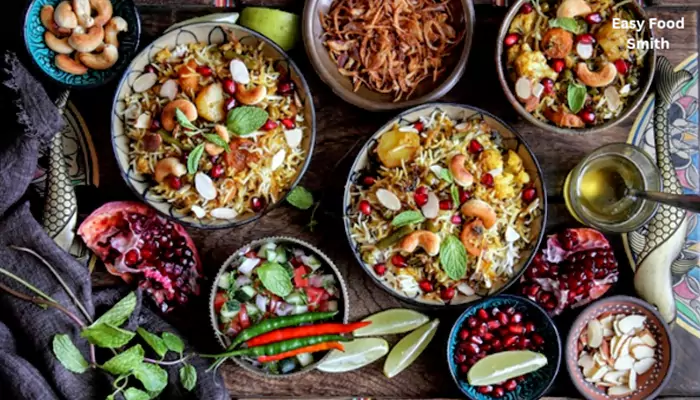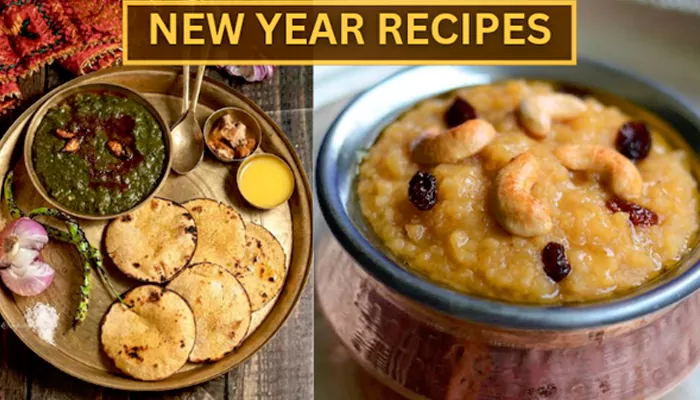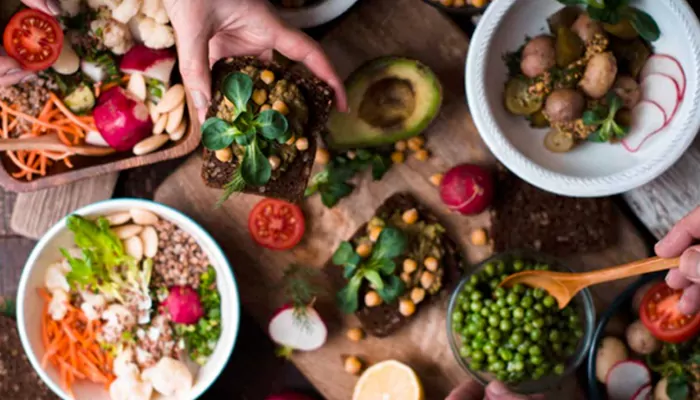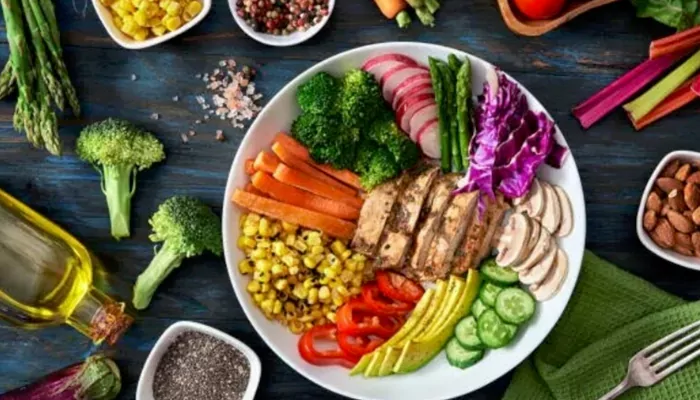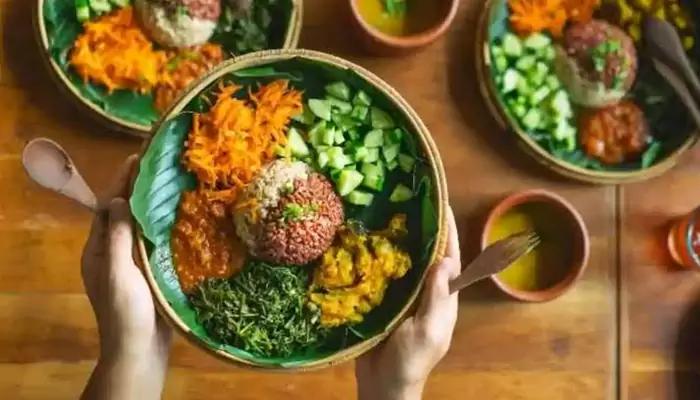The Vegan Revolution: How Plant-Based Diets Are Transforming Nigerian Cuisine
- Gurpreet
- 1 year ago
- 3 minutes read

The vegan revolution in Nigeria is more than just a trend; it is a transformative movement that is reshaping the culinary landscape.
In recent years, the vegan movement has gained significant momentum in Nigeria, reshaping traditional culinary practices and encouraging healthier eating habits. As more Nigerians become aware of the benefits of plant-based diets, veganism is evolving from a niche lifestyle to a mainstream dietary choice. This article explores the increasing popularity of veganism in Nigeria, highlights local plant-based dishes, and emphasises their health advantages.
A Shift Towards Plant-Based Eating
The shift towards veganism in Nigeria is influenced by various factors, including health concerns, environmental awareness, and ethical considerations regarding animal welfare. Many Nigerians are turning to plant-based diets to combat the rising rates of lifestyle-related diseases such as obesity, diabetes, and heart disease. Vegan diets, rich in fruits, vegetables, legumes, and whole grains, are packed with essential nutrients and are associated with lower risks of chronic illnesses.
Popular Vegan Dishes in Nigeria
Efo Riro (Vegetable Soup)
This traditional vegetable soup is typically made with a variety of leafy greens, including spinach or bitter leaf, combined with tomatoes, peppers, and onions. Efo Riro is naturally vegan and can be enjoyed with rice or fufu. Packed with vitamins and minerals, this dish is a staple in many Nigerian households.
Nkwobi (Vegan Version)
A vegan adaptation of the dish can be made using mushrooms or tofu. The dish is prepared with spicy palm oil sauce, flavoured with ground pepper and spices. This plant-based version retains the rich flavours of the original while being entirely vegan.
Moi Moi (Steamed Bean Pudding)
Made from blended black-eyed peas, peppers, and onions, Moi Moi is a nutritious and protein-rich dish. It is naturally vegan and can be enhanced with vegetables or spices. This versatile dish can be served as a side or main course, making it a favourite in many Nigerian meals.
Jollof Rice with Veggies
Jollof rice, a beloved Nigerian dish, can easily be made vegan by incorporating a variety of vegetable. This one-pot meal is flavoured with tomatoes, peppers, and spices, making it both delicious and satisfying. Adding seasonal vegetables boosts its nutritional value, making it a wholesome choice.
Peppered Vegetable Stir-Fry
This quick and easy dish is made by stir-frying a mix of colourful vegetables such as bell peppers, carrots, and zucchini, seasoned with spices and pepper sauce. It can be enjoyed on its own or as a side dish to rice or yam, providing a burst of flavour and essential nutrients.
Health Advantages of Plant-Based Diets
Adopting a vegan diet offers numerous health benefits. Plant-based diets are often lower in saturated fats and cholesterol, contributing to improved heart health. They are also high in fibre, which aids digestion and helps maintain a healthy weight. Additionally, a diet rich in fruits and vegetables is linked to reduced risks of chronic diseases, including certain cancers.
Moreover, embracing veganism fosters environmental sustainability. Plant-based diets typically have a lower carbon footprint compared to meat-based diets, contributing to efforts in combating climate change.
With a rich variety of plant-based dishes that highlight the country's diverse ingredients, Nigerians are discovering the delicious possibilities of veganism. As the awareness of health benefits and environmental impacts grows, plant-based eating is poised to become a lasting part of Nigeria’s culinary heritage, promoting a healthier and more sustainable future.

